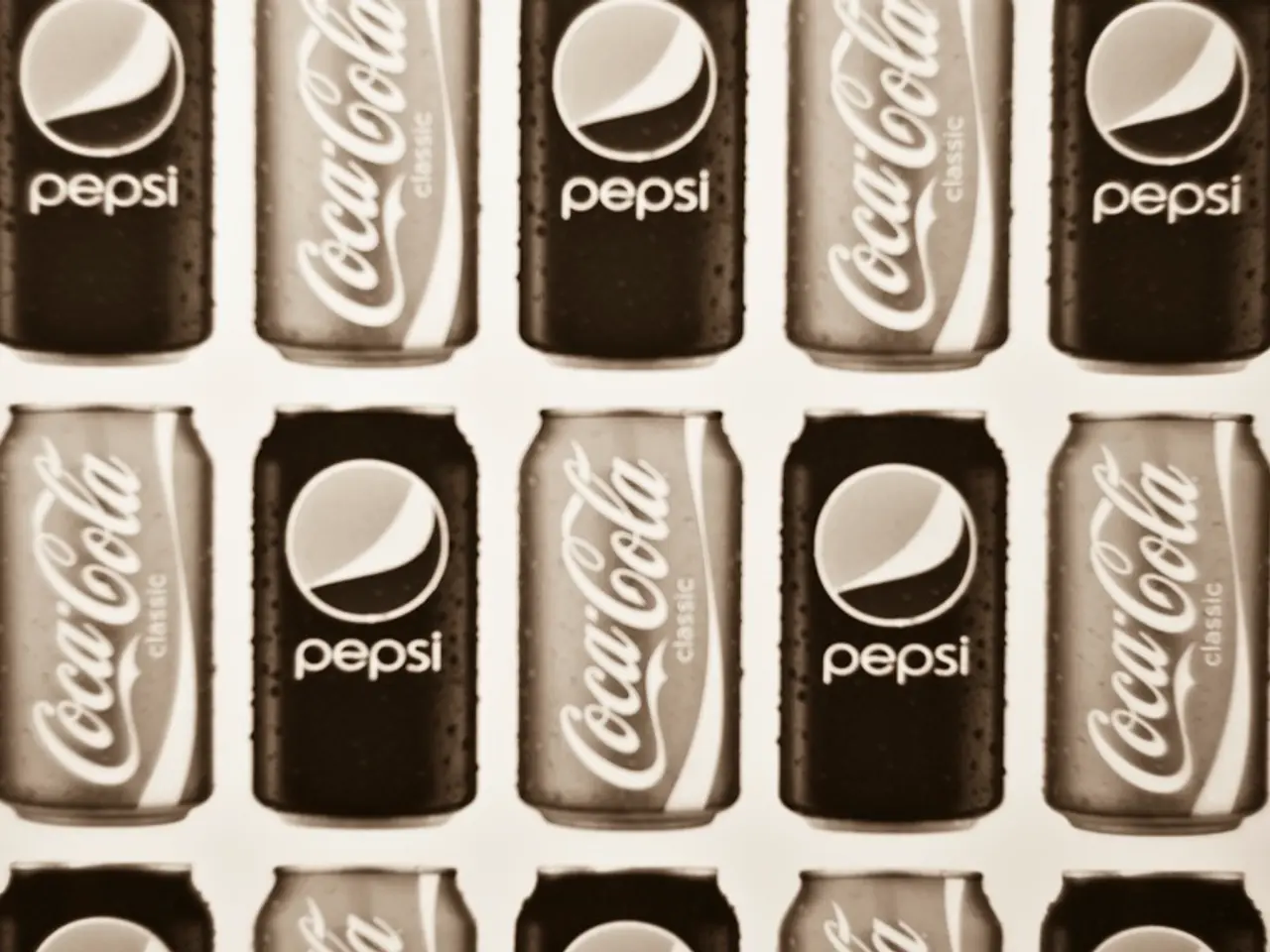International Treaty for Recycling and Reducing Plastic Pollution
The latest round (INC-5.2) of United Nations negotiations on a global treaty to address plastic pollution, including in marine environments, concluded in August 2025 without reaching consensus. The treaty aimed to limit plastic production and reduce plastic waste to prevent severe environmental and health impacts.
The goal was to finalize a legally binding global treaty, covering the entire lifecycle of plastic, from production to design to disposal. The treaty negotiations sought to establish enforceable international rules to curb plastic pollution, given the enormous environmental and economic costs anticipated if plastic waste reaches 1.7 billion metric tons by 2060.
The UN Secretary-General António Guterres expressed deep regret over the failure to reach consensus but welcomed the continued commitment of countries to pursue the treaty. Challenges cited include geopolitical complexities, economic pressures, and multilateral strains that made consensus difficult.
Various countries showed reservations and criticisms, with Kenya, the Philippines, and numerous others deeming the draft agreement as merely a waste management plan. Even oil-producing Saudi Arabia, which has long opposed production limitation, criticized the text of the draft agreement. The petrochemical industry is favored by the draft agreement, according to Graham Forbes, head of the delegation of environmental organization Greenpeace, who described the draft agreement as a "gift to the petrochemical industry and a betrayal of humanity."
More than 120 countries support the demand to limit the use and production of plastic to a sustainable level. Ambitious countries like Germany and the EU aim to produce less, reuse and recycle plastic products, and dispose of the remainder in an environmentally friendly manner. The problem of international plastic pollution is colossal, according to Jochen Flasbarth, State Secretary in the German Federal Ministry for the Environment.
The conference, aimed at curbing plastic pollution, will continue in the future, with the failure to reach agreement leading to a postponement of a final deal. The UN Environment Assembly adopted a plastic treaty in 2022, providing a foundation for the ongoing negotiations. The constant addition of plastic must find limits, according to Jochen Flasbarth, as the quantities of plastic produced are not sustainable.
The draft agreement ignores the root of the problem, the relentless production of plastic, according to Graham Forbes. The deadline for the conference was Thursday, but the failure to reach agreement means negotiations will continue. The UN conference in Geneva remains a crucial step towards a global agreement on plastic pollution, with the hope of achieving a consensus in the future.
- The discussions around the global treaty for plastic pollution, a critical aspect of environmental science, have been fraught with challenges, including war-and-conflicts, policy-and-legislation, and politics, due to geopolitical complexities, economic pressures, and multilateral strains.
- The petrochemical industry, favored by the draft agreement, has been a contentious issue in the negotiations, with environmental organizations like Greenpeace deeming it a "gift to the petrochemical industry and a betrayal of humanity."
- Amidst the ongoing debates, several countries, including Germany and the EU, have shown a commitment to addressing the issue by limiting the use and production of plastic, promoting plastic reuse, recycling, and environmentally friendly disposal.
- Future rounds of the UN conference on plastic pollution, a general news topic of significant importance, will continue in an effort to reach a global consensus and limit the addition of plastic, given the severe environmental and health impacts associated with plastic waste.








